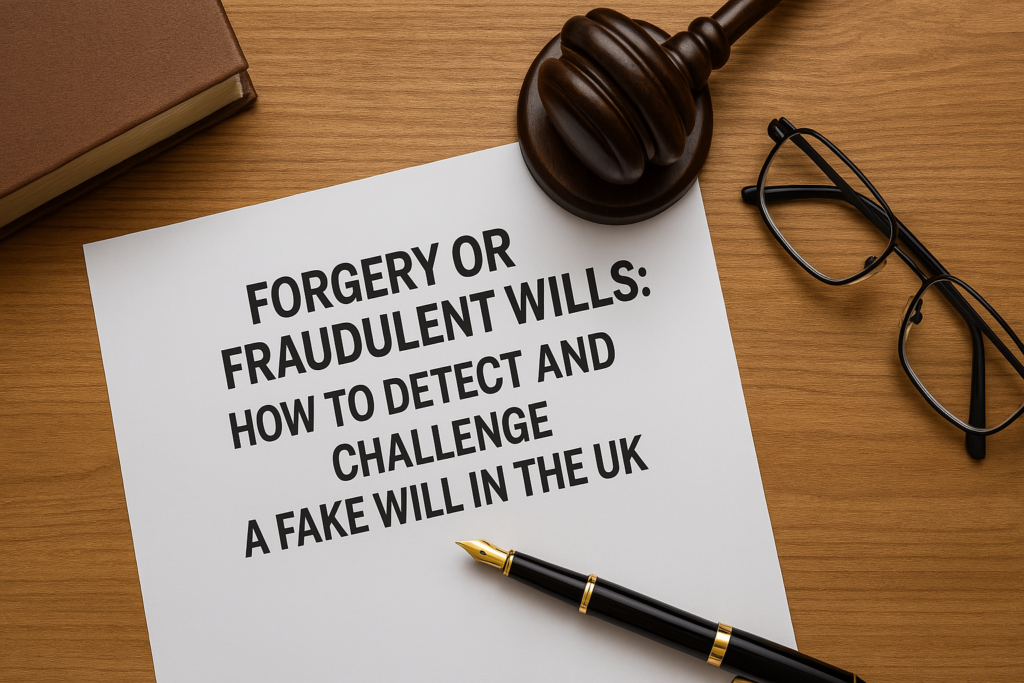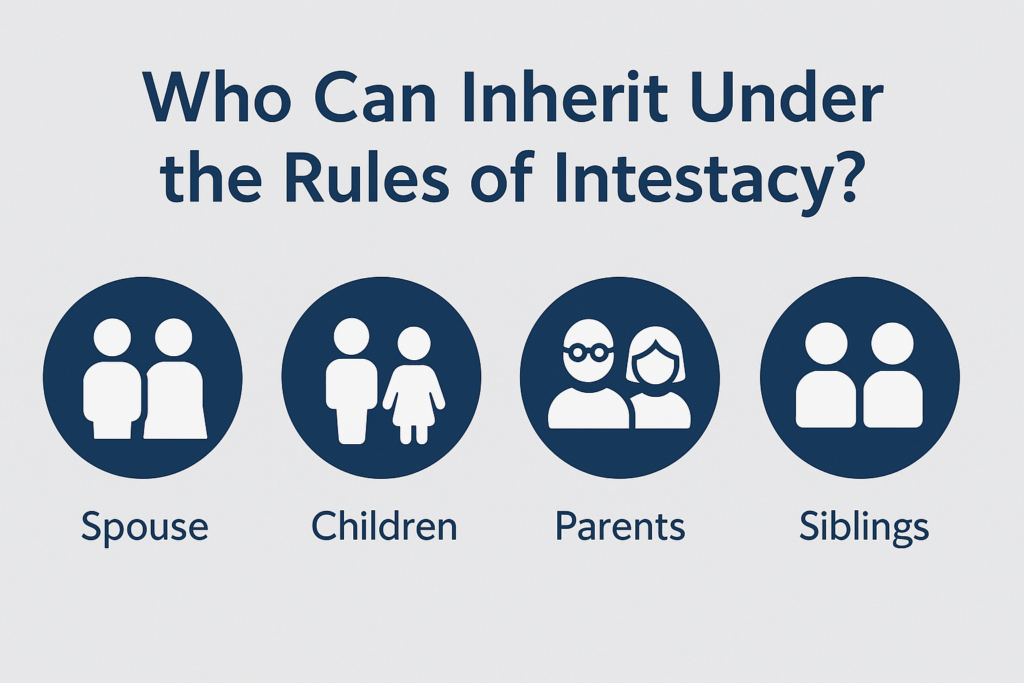Transferring property ownership after probate is critical for beneficiaries and executors looking to finalise an estate.
At London Estate Agency, we specialise in guiding clients through every stage of the probate and property transfer process, ensuring legal compliance,
smooth transitions, and peace of mind. Below, we offer a complete breakdown of the process, including frequently asked questions that help our clients move forward confidently.
What is Probate, and Why is it Necessary for Property Transfers?
Probate is the legal process by which the courts recognise a will, and the executor is authorised to distribute the deceased’s assets.
For properties owned solely by the deceased, probate is required to transfer ownership to the beneficiaries legally.
Without probate, HM Land Registry will not permit the transfer of the title deeds, which means the new owner cannot legally sell or mortgage the property.
Step-by-Step Guide to Transferring Property Ownership After Probate
1. Obtain the Grant of Probate or Letters of Administration
The first step is securing a Grant of Probate (if there is a will) or Letters of Administration (if there is no will).
This document gives the executor or administrator legal authority to manage the estate.
At London Estate Agency, we provide probate assistance or can refer you to trusted legal professionals who can help you acquire these documents swiftly.
2. Verify Ownership of the Property
Before proceeding, you must verify how the property was owned:
- Sole Ownership: Probate is necessary.
- Joint Tenants: Property passes automatically to the surviving owner.
- Tenants in Common: The deceased’s share passes according to the will and requires probate.
3. Settle Any Debts and Liabilities
Before transferring ownership, any outstanding debts, mortgages, or liens on the property must be resolved.
As part of our comprehensive probate property service, we can help you manage these tasks and negotiate with creditors where applicable.
4. Prepare the Correct Forms for HM Land Registry
The executor or administrator must complete the following:
- Form AP1 – Application to change the register.
- Form AS1 – Transfer of whole of registered title (if transferring to a beneficiary).
- Form TR1 – Transfer of part or whole of registered title (used when selling the property).
- Official Copy of the Grant of Probate or Letters of Administration.
- ID Verification Form (ID1) if a solicitor does not represent the new owner.
These forms are complex, and any mistake can delay or void the application. Our experienced staff can complete and submit these documents on your behalf.
5. Register the New Ownership with HM Land Registry
Once the forms and supporting documents are ready, they must be submitted to HM Land Registry for the change of ownership to be officially recorded.
Registration typically takes 4-6 weeks, but errors or missing paperwork can further delay the process.
By letting us handle the registration, you ensure the process is handled professionally, avoiding unnecessary delays.
What Happens if the Property is to be Sold?
If the property is to be sold rather than retained by the beneficiaries:
- The executor must sell it by the will.
- The sale proceeds are then distributed to the beneficiaries after any estate debts are paid.
- We can assist with estate valuation, property marketing, compliance (EPCs, safety certificates), and the sale process.
Our end-to-end service ensures the property is transferred correctly and sold for its maximum market value with minimal stress.
What if the Beneficiary Wants to Keep the Property?
If a beneficiary decides to keep the property:
- The executor completes a Deed of Assent or TR1 Form transferring the property into their name.
- If there is an inheritance tax liability, it must be paid before the transfer can be finalised.
- Stamp Duty Land Tax (SDLT) is typically not payable for inherited property transfers unless money changes hands.
Why Use London Estate Agency for Post-Probate Transfers?
We are not just estate agents—we are probate specialists, offering a complete solution for property owners, executors, and families going through bereavement. Here’s how we help:
- In-house legal guidance on probate and estate transfers
- Valuation reports compliant with HMRC for inheritance tax
- Document preparation for HM Land Registry
- EPC assessments and tenant handling if the property is to be rented
- Full property marketing and sales support
- Tenant eviction and vacant possession assistance, if required
Frequently Asked Questions (FAQs)
Do I need a solicitor to transfer a property after probate?
No, but it is highly recommended. Our team can manage the entire process for you, reducing the risk of error and saving time.
Can a property be transferred before probate is granted?
No. The legal authority to transfer ownership begins only after the probate has been issued.
How long does it take to transfer a property after probate?
Without complications, it can be completed in 6-12 weeks. Complex estates, disputes, or missing documents can extend this timeline.
What documents do I need to transfer property after probate?
- Grant of Probate or Letters of Administration
- Death certificate
- Proof of identity (ID1)
- Property deeds or title number
- Completed HM Land Registry forms (AP1, AS1, TR1, etc.)
Is there any tax when transferring property after probate?
There is no Stamp Duty if the transfer is purely inheritance-based. However, Inheritance Tax (IHT) may apply if the estate exceeds certain thresholds.
We can assist in calculating and settling this.
Can I transfer property to multiple beneficiaries?
Yes. The property can be transferred into joint names. Alternatively, it can be sold, and the proceeds can be divided.
We advise on the best course based on your circumstances.
What if the property has tenants?
If required, we offer tenant screening, rent protection, and legal support for evictions.
We manage tenancies on behalf of executors or beneficiaries, ensuring full compliance with UK landlord law.
Do you handle transfers of unregistered land?
Yes. If the property was never registered with the HM Land Registry, we’ll assist with first registration, preparing a Form FR1 and supporting evidence to prove ownership history.
Can you help with property maintenance during probate?
Absolutely. We manage vacant property security, clean-outs, repairs, and renovations to maximise resale or rental value.
Let Us Take the Stress Out of Post-Probate Property Transfers
We take pride in being more than a traditional estate agent at London Estate Agency. We act as your trusted probate property partner, ensuring you are legally covered, financially secure, and emotionally supported during a challenging time.
Whether you need us to handle the transfer, manage the sale, or take over tenancy responsibilities, we’re ready to act on your instruction today.
Contact us now for a free consultation or to instruct us to manage your post-probate property transfer professionally and carefully.





